
Here are today’s most important updates from the realm of Science and Space.
Einstein Was Right About Gravity - Proven on The Largest Test Ever
Albert Einstein's theory of general relativity has been studied time and again over the past decades. And now, analyzing the largest map of the universe, scientists and researchers have concluded that gravity behaves exactly as predicted by Einstein.
The Dark Energy Spectroscopic Instrument (DESI) analyzed nearly 6 million galaxies and quasars spanning 11 billion years of cosmic time. As Pauline Zarrouk, a cosmologist at the French National Centre for Scientific Research (CNRS) who co-led the study, said in a statement, "General relativity has been very well tested at the scale of solar systems, but we also needed to test that our assumption works at much larger scales. Studying the rate at which galaxies formed lets us directly test our theories and, so far, we're lining up with what general relativity predicts at cosmological scales."

Notably, DESI is coordinated by the Department of Energy’s Lawrence Berkeley National Laboratory (Berkeley Lab) and involves over 900 researchers from more than 70 institutions.
SpaceX Tests Starship Rocket, Calls Off Attempts as Booster Splashes Down To Earth
SpaceX recently launched the sixth test of Starship (the most powerful rocket ever built), however, abandoned the attempt of the booster catch as it did not meet the required criteria.
The Starship system - nearly 121-meter long - lifted off at around 5 p.m. ET from SpaceX's Starbase facility near Brownsville, Texas on November 19. Elon Musk and Donald Trump among other notable personalities were present there to witness the event.

The company first pulled off the massive maneuver last month during the fifth Starship test flight. This time, it planned to attempt a precision landing of the booster into the arms of the launch and landing structure (Mechazilla) at the Starbase facility. However, according to a report by CNN Science, after launch, the "Super Heavy booster separated from the spacecraft, reversed course and steered itself back toward the launch site."

A Potential Sustainable Protein Source - Scientists Unlock Seaweed's Nutritional Profile
Great news for all vegans and vegetarians! According to a report published in the journal Food Chemistry, researchers at Chalmers University of Technology in Sweden have developed a new method to extract seaweed's proteins three times more efficiently than before. This could be a more sustainable and healthy protein source, reducing the detrimental impact of food production on climate.

Notably, seaweed or sea lettuce is a type of macroalgae that resembles ordinary lettuce leaves. It has a certain salty flavor (but does not contain high amounts of salt) and can be incorporated into a variety of dishes. Besides protein, it is also packed with various essential nutrients.
International Space Station Successfully Avoids Major Collision with Space Debris
According to NASA, the International Space Station (ISS) successfully averted a collision with space debris on Tuesday evening. The station operators fired the thrusters on the docked Progress 89 spacecraft for 5 minutes and 31 seconds, moving the debris out of its way.
The station's Progress 89 cargo craft fired its thrusters for 5 minutes, 31 seconds today raising its orbit to avoid a piece of satellite debris. Thursday's launch of the Progress 90 cargo craft is unaffected. https://t.co/qcyOBh0nbU
— International Space Station (@Space_Station) November 19, 2024
(Credit: International Space Station)
NASA said in a statement, "Without the maneuver, ballistics officials estimated that the fragment could have come within around 2 ½ miles of the station. The maneuver had no impact on station operations and will not affect Thursday’s scheduled launch of the Progress 90 cargo craft from the Baikonur Cosmodrome in Kazakhstan."

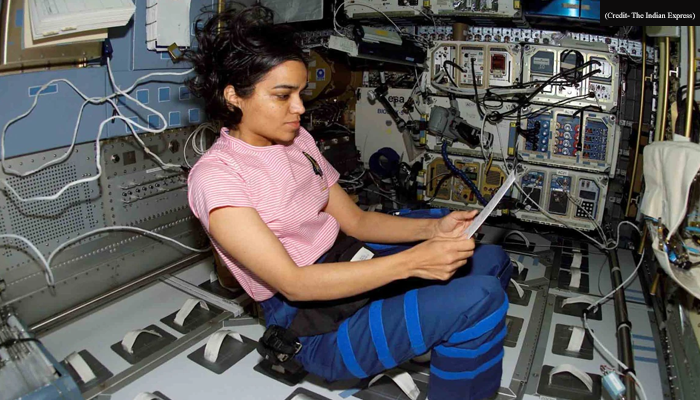
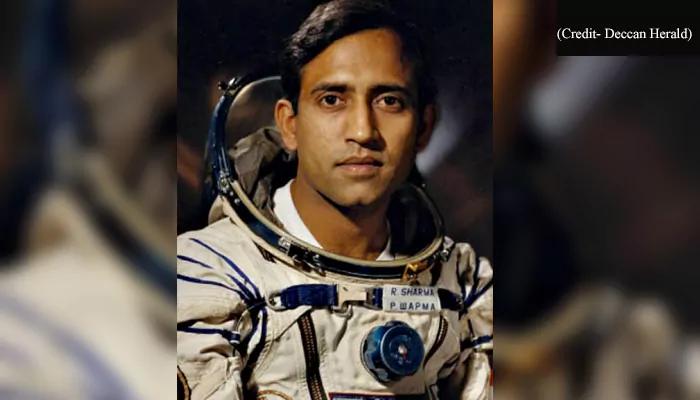
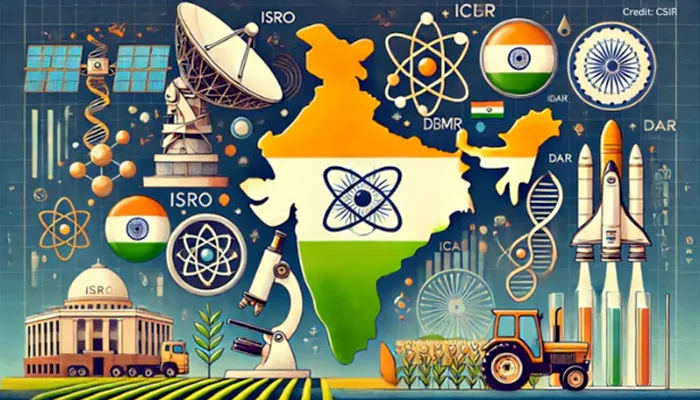

.webp)
.WEBP)
.WEBP)
.webp)
.webp)
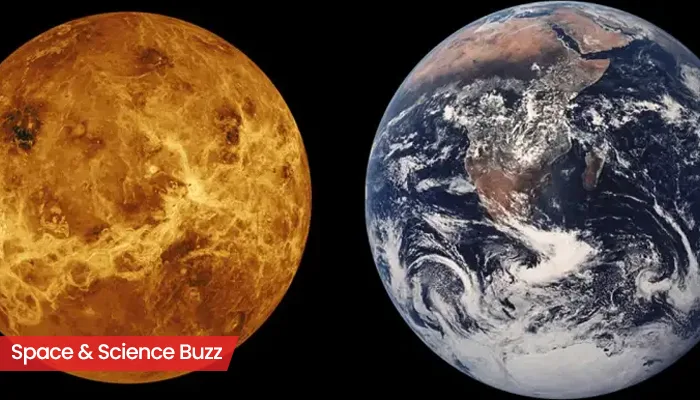
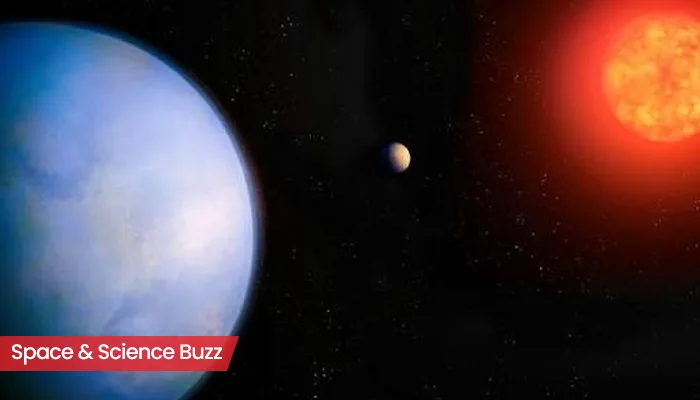
.webp)